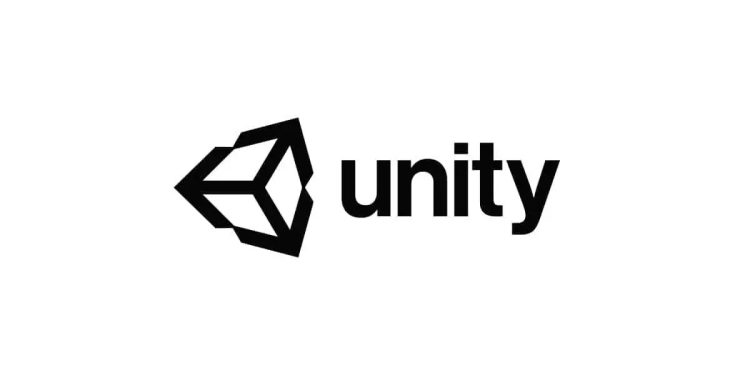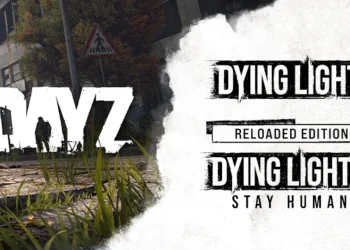Dean Hall, the creator of DayZ and founder of RocketWerkz, recently shared concerns about Unity Technologies, accusing his studio of violating software license terms. The accusations stem from Unity’s data, which includes email addresses of individuals who have never worked at RocketWerkz. This situation raises important questions about how Unity collects and processes license data.
On May 9, RocketWerkz received an unexpected email from Unity stating that some employees were using personal Unity licenses instead of the required Pro licenses for a company of RocketWerkz’s size. Unity warned that failure to address the issue by May 16 could lead to license revocation.
Hall explained in a Reddit post that RocketWerkz has invested over $300,000 in Unity licenses over the past decade. Naturally, the studio requested evidence of the alleged violations.
Unity’s Evidence and RocketWerkz’s Response
Unity provided five email addresses, which it claimed were linked to improper license use:
- A RocketWerkz email for a team member with a Unity Personal license who does not work on Unity projects
- A personal email of another employee who already holds a Pro license
- An external contractor’s RocketWerkz email, who was assigned a Pro license temporarily in 2024
- Two email addresses from employees at a different company in the same city, neither connected to RocketWerkz
Hall emphasized that none of these represent actual violations. He is particularly troubled by the two unrelated email addresses, which seem to have been flagged solely due to geographic proximity.
“Beyond Unity threatening long-term customers with immediate revocation of licenses over shaky evidence, this raises some serious questions about how Unity is scraping this data and then processing it,” Hall said.
Community Insights and License Confusion
Comments on the Reddit thread suggest that some confusion may arise from staff using company emails for personal Unity accounts or vice versa, which could technically violate license terms. One user noted that Unity licenses can be “infectious,” meaning that opening a project with a company-licensed copy can mark it, causing license conflicts if opened later with a personal license.
Another developer shared that Unity Hub lacks an easy way to switch between personal and professional licenses, requiring manual edits to configuration files. This could lead to accidental violations.
Hall, however, pointed out that all flagged accounts had separate logins rather than mixed licenses on a single account, making the accusations even more puzzling.
Implications and Studio’s Future Plans
RocketWerkz has already decided to move away from Unity for new projects, including the upcoming Kitten Space Agency. However, losing current licenses would impact ongoing development on titles like Stationeers and the in-progress Torpedia.
Hall expressed concern about data privacy and how such disputes might affect developers without RocketWerkz’s resources or influence. “I do wonder if some serious data violations are going on with Unity, and they appear to be threatening to use this data to close down developer accounts,” he said. “How will this affect users who don’t have the clout I do?”
Unity reiterated its policy that mixing license tiers within the same organization is prohibited, but did not comment further on the specific case.
This episode follows a turbulent period for Unity, including the controversial runtime fee changes in 2023 that upset many developers and led to leadership changes. Unity’s current CEO has spoken about moving past when the company was “at war with our customers,” but incidents like this suggest challenges remain.
What do you think about Unity’s license enforcement and data handling approach? Have you experienced similar issues? Share your thoughts in the comments below.

























